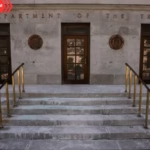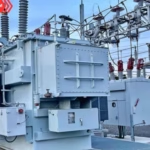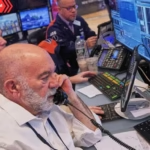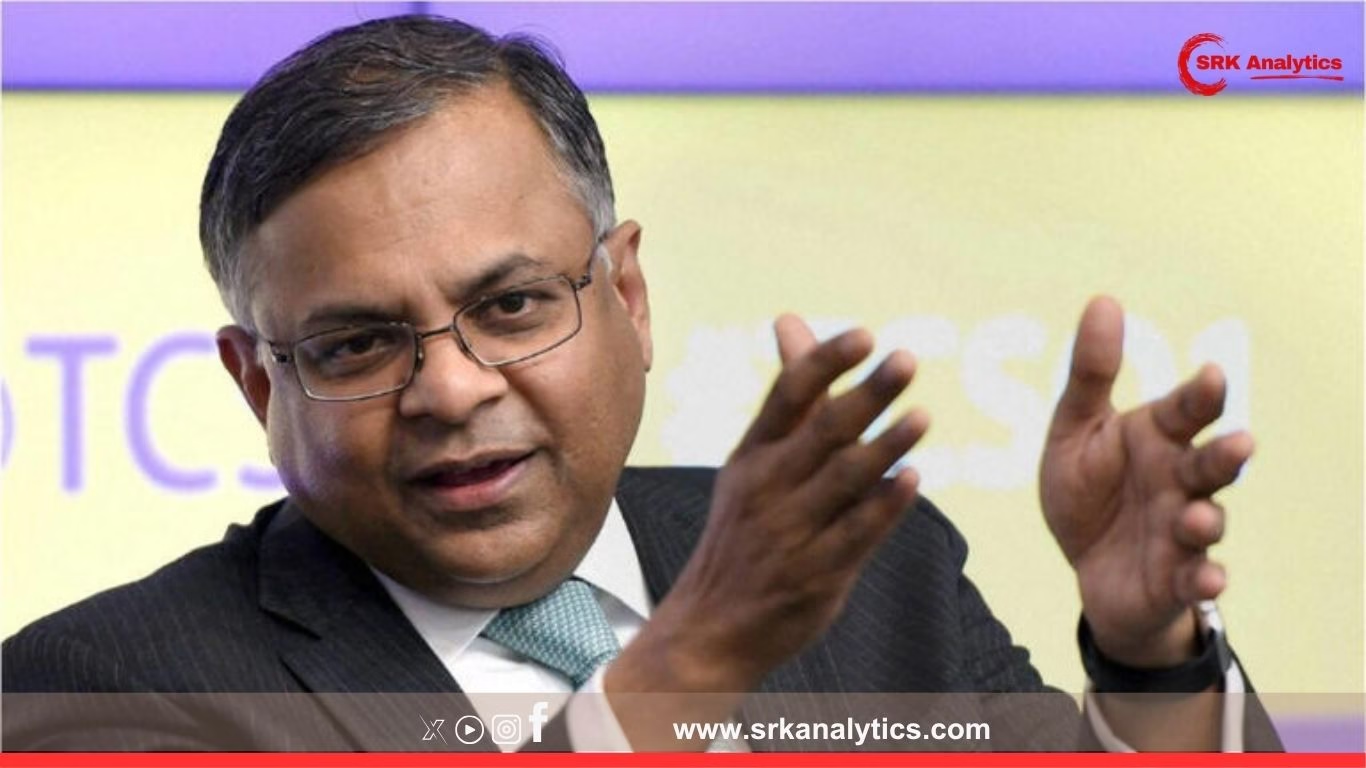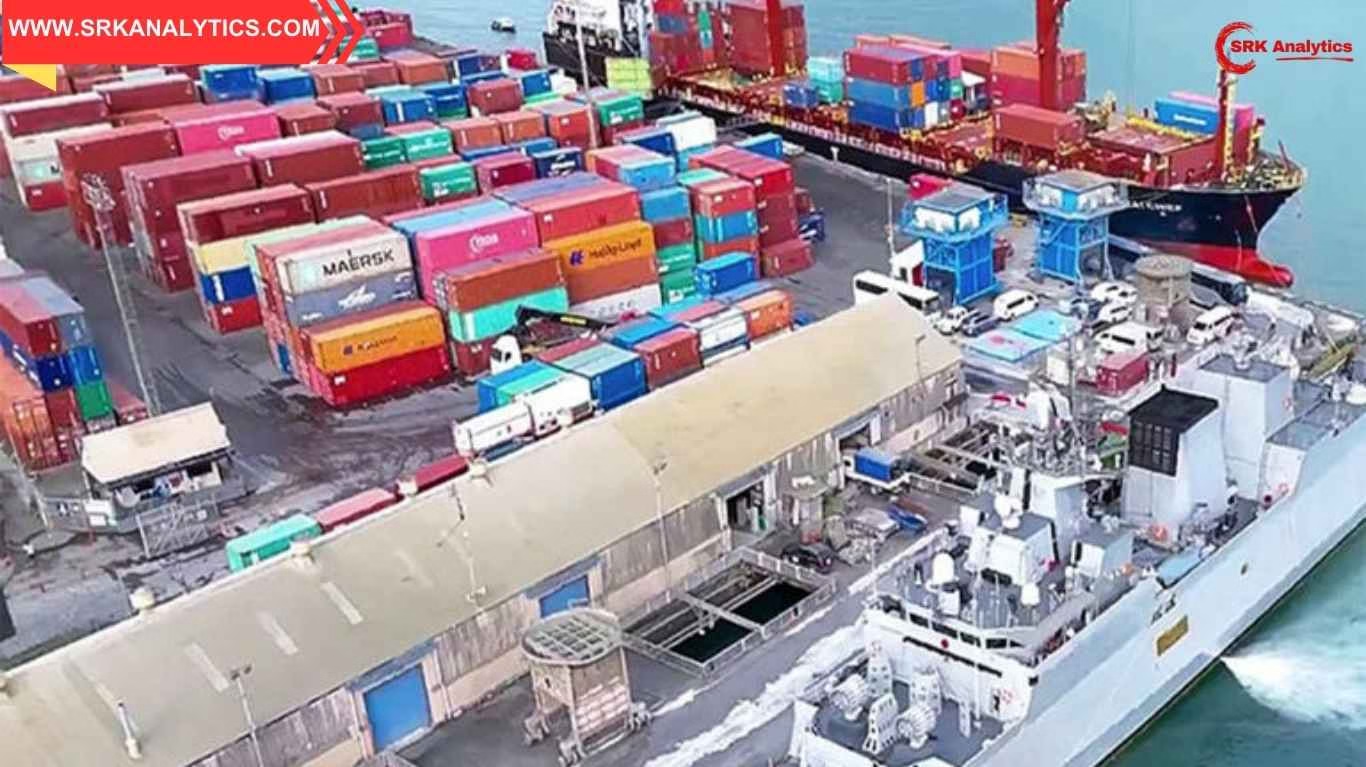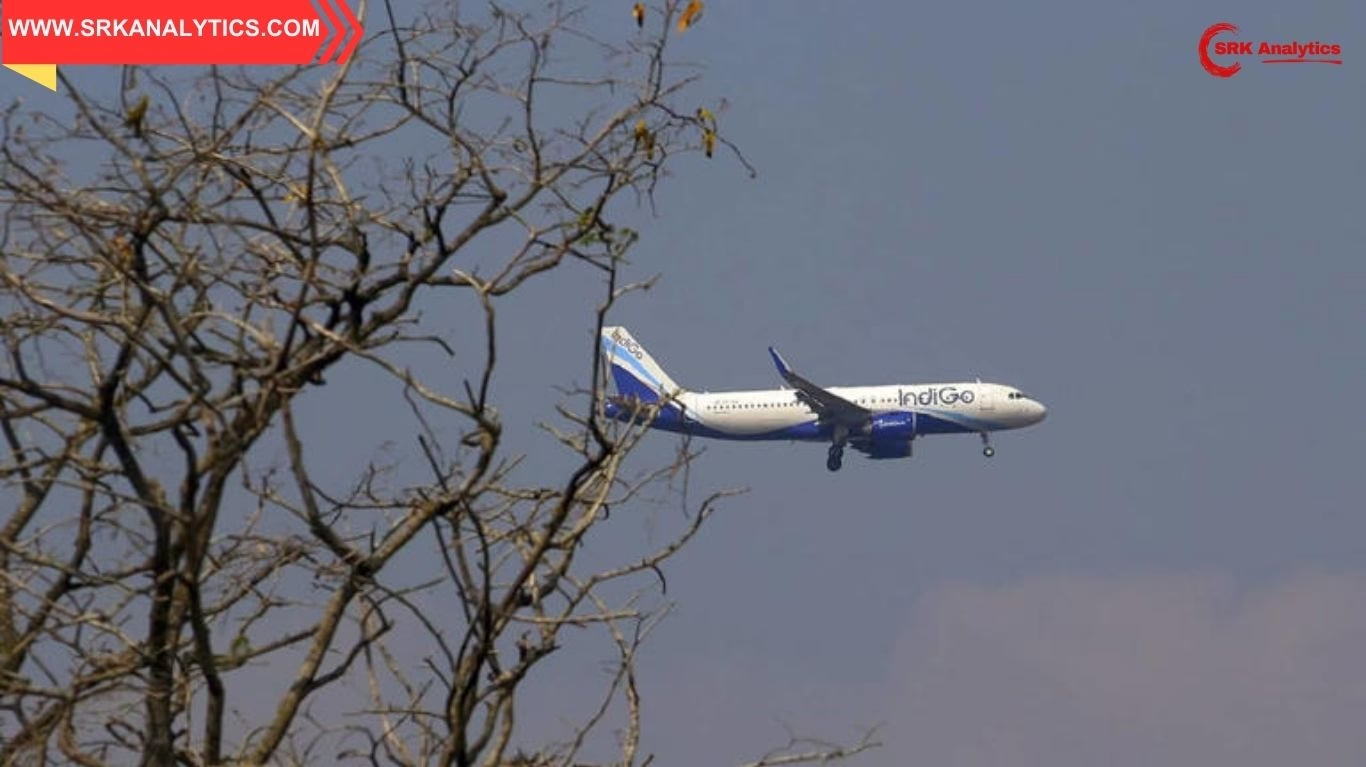In a significant development in the Tata Group’s complex governance structure, Tata Sons chairman N Chandrasekaran has, for the first time since his appointment, formally briefed the board of Tata Trusts. This meeting, held last week, is being seen by insiders as a crucial step towards improving synergy, transparency, and alignment between Tata Sons and the philanthropic holding entity that controls 66% of it.
Why This Matters
The Tata Trusts board has historically maintained an oversight role over Tata Sons, the main holding company of the $300 billion conglomerate with over 100 subsidiaries, including Tata Consultancy Services (TCS), Tata Motors, Tata Steel, Air India, and Tata Power. However, a direct briefing by the Tata Sons chairman is unprecedented, signalling:
- Enhanced transparency in operational updates and strategic decisions.
- Stronger alignment between philanthropic objectives and business growth plans.
- Resolution of legacy friction post the Cyrus Mistry ouster, aimed at robust corporate governance.
Key Meeting Highlights
While the detailed agenda remains confidential, market sources indicate Chandrasekaran presented:
- Tata Group’s strategic roadmap till 2030, focusing on digital, renewable energy, electric vehicles, and semiconductor ambitions.
- Performance updates of key listed and unlisted subsidiaries.
- Progress in merging Air India with Vistara to create a consolidated airline business under the Air India brand.
- Updates on the group’s semiconductor fabrication plans with Taiwan’s PSMC for India’s first indigenous fab unit.
- Financial health of Tata Sons, including debt restructuring progress post Air India and Tata Steel acquisitions.
Who Attended
The Tata Trusts board is chaired by Ratan Tata, who remains its most influential figure despite retirement from executive roles. Other notable attendees included:
| Name | Designation | Background |
|---|---|---|
| Ratan Tata | Chairman Emeritus, Tata Sons; Chairman, Tata Trusts | Former group chairman |
| Venu Srinivasan | Vice Chairman, Tata Trusts | Chairman, TVS Motor |
| Vijay Singh | Trustee | Former Defence Secretary |
| N Srinath | Trustee | Former MD, Tata Communications |
| N Chandrasekaran | Chairman, Tata Sons | First professional non-family chairman since JRD Tata |
Background: Tata Sons and Tata Trusts Governance Dynamics
| Entity | Role | Ownership |
|---|---|---|
| Tata Trusts | Philanthropic trust that owns majority of Tata Sons | Controls ~66% of Tata Sons |
| Tata Sons | Principal holding company of Tata Group firms | Invests and manages group companies |
| Group Companies | TCS, Tata Motors, Tata Steel, Air India, etc. | Operated under Tata Sons’ leadership |
Traditionally, Tata Trusts, through its trustees, exercised indirect oversight over Tata Sons and ensured business decisions aligned with philanthropic ethos. However, direct operational briefings have been rare, making Chandrasekaran’s presentation a step towards modernised corporate communication.
Strategic Importance Of This Meeting
- Improved Stakeholder Confidence
This proactive approach addresses investor concerns about possible governance opacity post the Tata-Mistry fallout in 2016. Direct briefings ensure Tata Trusts trustees are fully updated on group direction. - Alignment On Key Mega-Projects
Tata Group’s multi-billion dollar investments in semiconductors, EV batteries, and renewable energy require long-term philanthropic and institutional support to maintain sustainability and social impact balance. - Streamlining Philanthropy-Business Integration
Ratan Tata has consistently emphasised that group growth must be rooted in nation-building objectives. Chandrasekaran’s initiatives to integrate ESG goals with growth strategies are seen as steps towards this vision.
Recent Tata Group Developments Shared At The Briefing
| Project | Update |
|---|---|
| Semiconductor Fab Unit | Finalised JV with Taiwan’s PSMC in Gujarat |
| Air India-Vistara Merger | Awaiting regulatory clearances, integration by early 2026 |
| Tata EV Plans | Tata Passenger Electric Mobility targets 1 million EV sales by 2030 |
| Renewable Energy | Tata Power to add 10 GW green capacity in five years |
| TCS | New GenAI and cloud verticals launched for FY25 growth |
Implications For Tata Group Governance
Analysts believe this step could redefine group governance norms. As an independent professional chairman, Chandrasekaran’s approach to directly engage with philanthropic trustees ensures checks and balances while fostering innovation speed.
Corporate lawyer R Rajagopal commented:
“This sets a precedent for Indian conglomerates where promoters or philanthropic owners remain involved but allow professional management to drive operational strategy with accountability.”
Future Outlook
With Tata Group poised to play a leading role in India’s semiconductor and clean tech revolutions, strategic synergy between Tata Sons and Tata Trusts will be pivotal. Key focus areas in upcoming board meetings include:
- Finalisation of semiconductor fabrication operational blueprint.
- Expansion of Tata Electronics’ iPhone casing supply to global markets.
- Strategic restructuring for a potential Tata Sons IPO in future.
- Strengthening Tata Trusts’ health and education interventions using dividends from group companies.
Conclusion
This landmark briefing by N Chandrasekaran to the Tata Trusts board is not just a governance formality. It marks a deeper cultural shift towards transparency and professionalisation in India’s most respected conglomerate. As Tata Group navigates the next decade of aggressive global expansion and digital transformation, such integrated decision-making frameworks are expected to strengthen investor confidence and uphold the Tata legacy of combining business growth with nation-building.
Disclaimer
This news content is intended for informational purposes only. Readers are advised to consult official company filings and public disclosures before making business, financial, or investment decisions.

